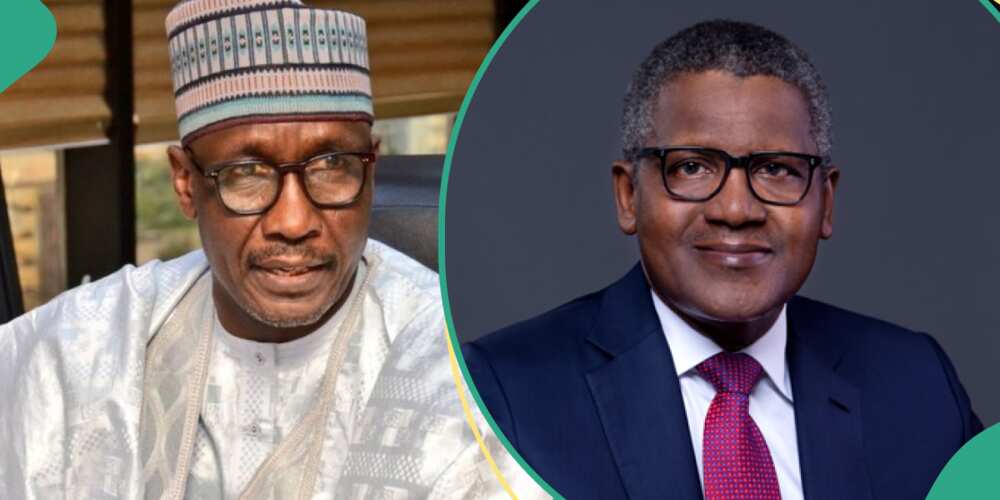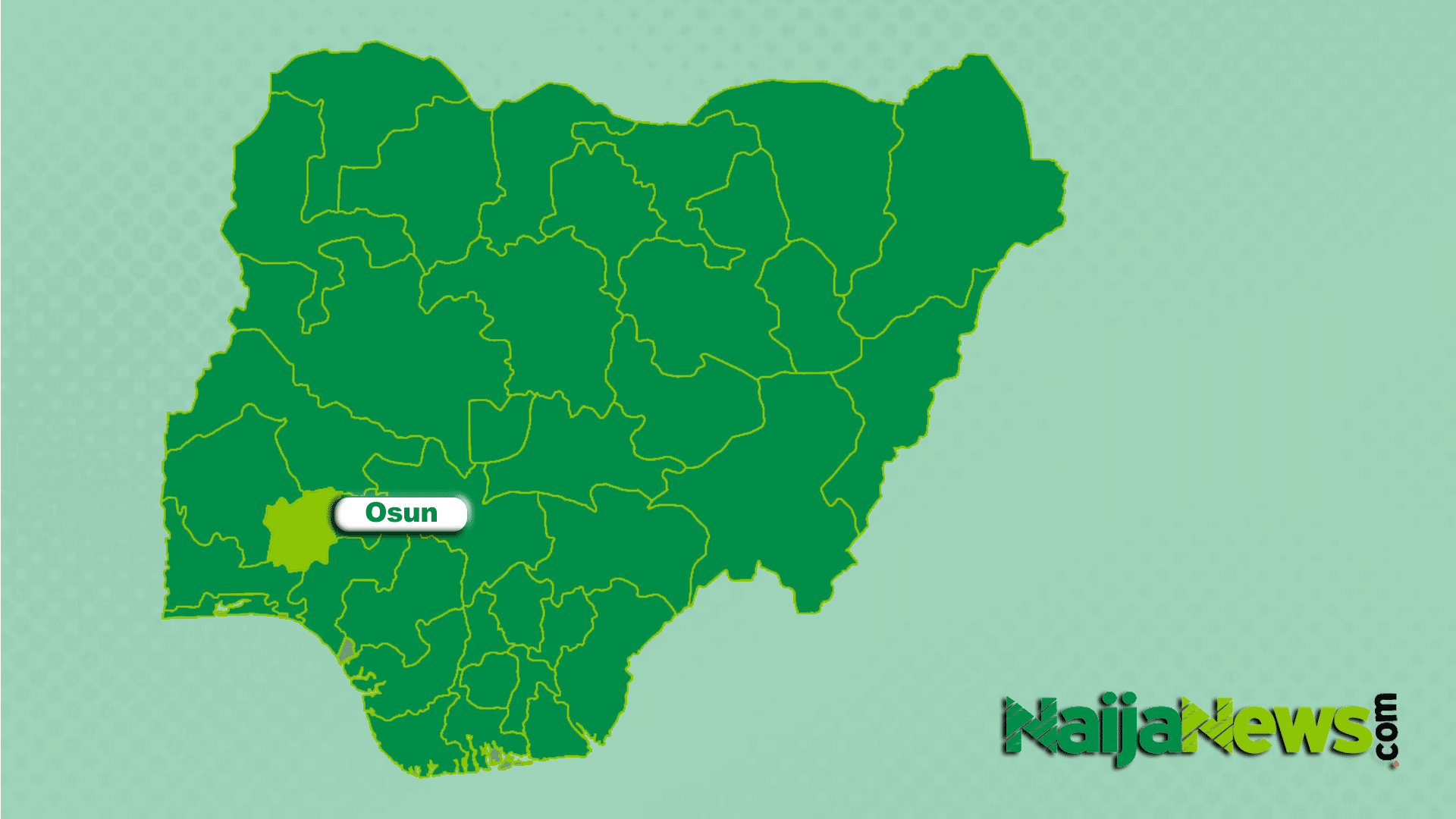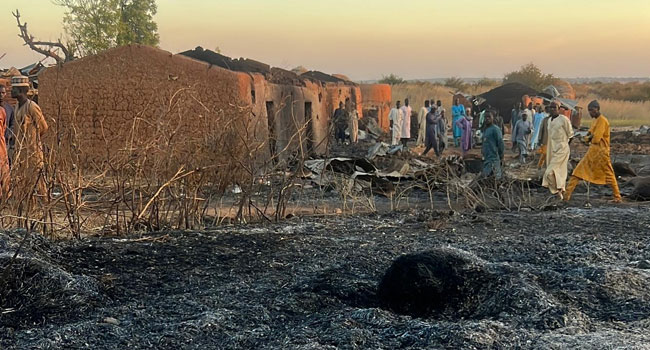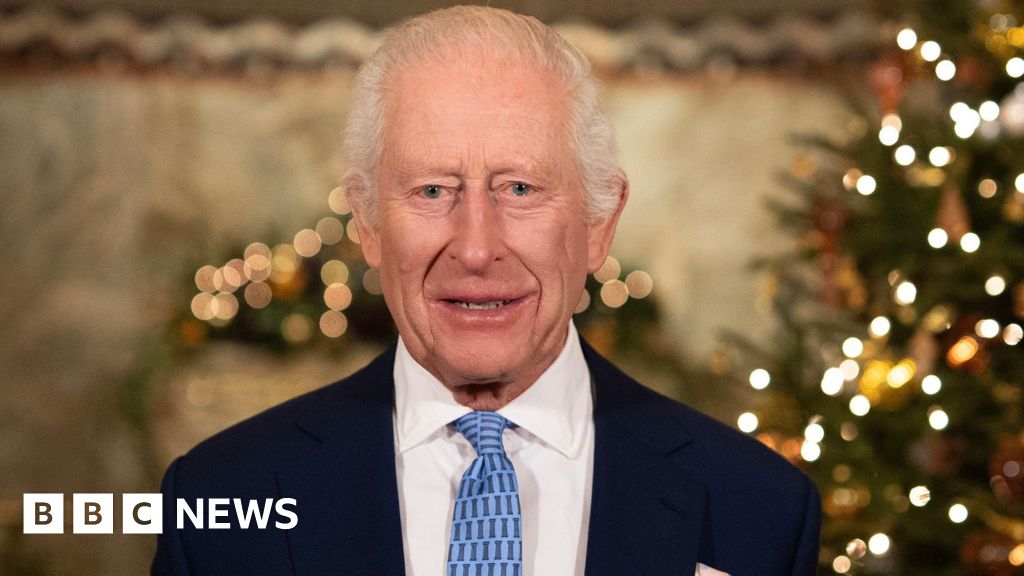- Tensions between Dangote Industries Limited and International Oil Companies (IOCs) operating in Nigeria are increasing
- Dangote recently alleged that IOCs prefer to export products to other countries than supplying crude to the refinery
- However, experts have a different view of the foregoing; they blame the NNPC for not supplying enough crude to Dangote
As tensions rise between International Oil Companies (IOCs) operating in Nigeria and Dangote Industries Limited, the owners of the Dangote Refinery, the state-owned Nigerian National Petroleum Company (NNPC) Limited is coming under close scrutiny.
 By 2022, NNPC Limited had acquired 20% of the Dangote Refinery at a projected cost of $2.76 billion. Photo Credit: Dangote Refinery, NNPC
By 2022, NNPC Limited had acquired 20% of the Dangote Refinery at a projected cost of $2.76 billion. Photo Credit: Dangote Refinery, NNPCSource: Getty Images
The question of crude oil feedstock for the Dangote Refinery, which is slated to become Africa's largest single-train refinery, is at the center of the dispute.
A total of 20% of the Dangote Refinery was acquired by the NNPC Limited in 2022 for a total estimated cost of $2.76 billion.
The state-owned business promised to repay the loan with 300,000 barrels of crude oil per day (bpd), according to details of the contract that were taken from NNPC Ltd.'s audited financial report for 2022.
Analysts blame NNPC
According to sources who spoke with BusinessDay, NNPC has had difficulty supplying the 300,000 barrels per day (bpd) of crude oil required to purchase a 20 percent share in the Dangote Refinery.
Kelvin Emmanuel, a Lagos based economist, told BusinessDay,
“NNPC has not honoured the 300k barrels per day in feedstock for an equity contribution of $1.7bn it owes, but somehow, the blame is placed on IOCs that usually lock in five-to seven-year contracts with European refineries well ahead of time.”He added,
“The reality is that since the inception of the refinery, the IOCs have sold more oil to Dangote than the NNPCL. If they are selling at a $6 premium to platts, they have to break already forwards to provide spots.”According to Mansfield Energy, Platts benchmark prices serve as benchmarks for pricing both financial and physical contracts.
Emmanuel claims that the majority of Nigeria's current budgetary problems are solely the result of the NNPCL's inefficiency and transparency.
Emmanuel further said,
“Not providing your commercial refinery with crude feedstock makes it difficult for Nigerians to experience the comparative advantage that a refinery of that size brings.”NNPC deal affecting supply to Dangote refinery
The cash for crude agreements NNPCL has with some of its business partners are impacting the delivery of petroleum to nearby refineries, according to a senior source in the crude trading industry who begged to remain anonymous.
Emmanuel mentioned that Nigeria's economy is being heavily impacted by one of the loans, known as "Project Gazelle."
Charles Ogbeide, energy analyst with a Lagos-based investment bank, said,
“Local refineries like the Dangote refinery or modular refineries are crude-starved due to Nigeria’s current oil production woes and mortgaging 30 percent of Nigeria’s output for cash deals.”This crackdown is taking place at the same time that most IOCs, including TotalEnergies, ExxonMobil, and Eni, are preparing to leave Nigeria.
The sale of onshore and shallow water assets to Nigerian players is presently underway for all three corporations, despite the fact that most have encountered obstacles, objections, and even legal difficulties.
NNPC sets date to launch $700 million gas project
Legit.ng reported that by August of this year, the Nigerian National Petroleum Company Limited (NNPC) hopes to complete the Obiafu-Obriku-Oben (OB3) gas pipeline project, promoting economic expansion and industrialization.
On Saturday, June 22, 2024, NNPC's group chief executive Mele Kyari visited the massive project in Delta State and confirmed that it will soon be completed.
After the project is finished, roughly 2.2 billion standard cubic feet of gas would join the network, according to Kyari, adding value to Nigeria.
Source: Legit.ng
















 English (US) ·
English (US) ·